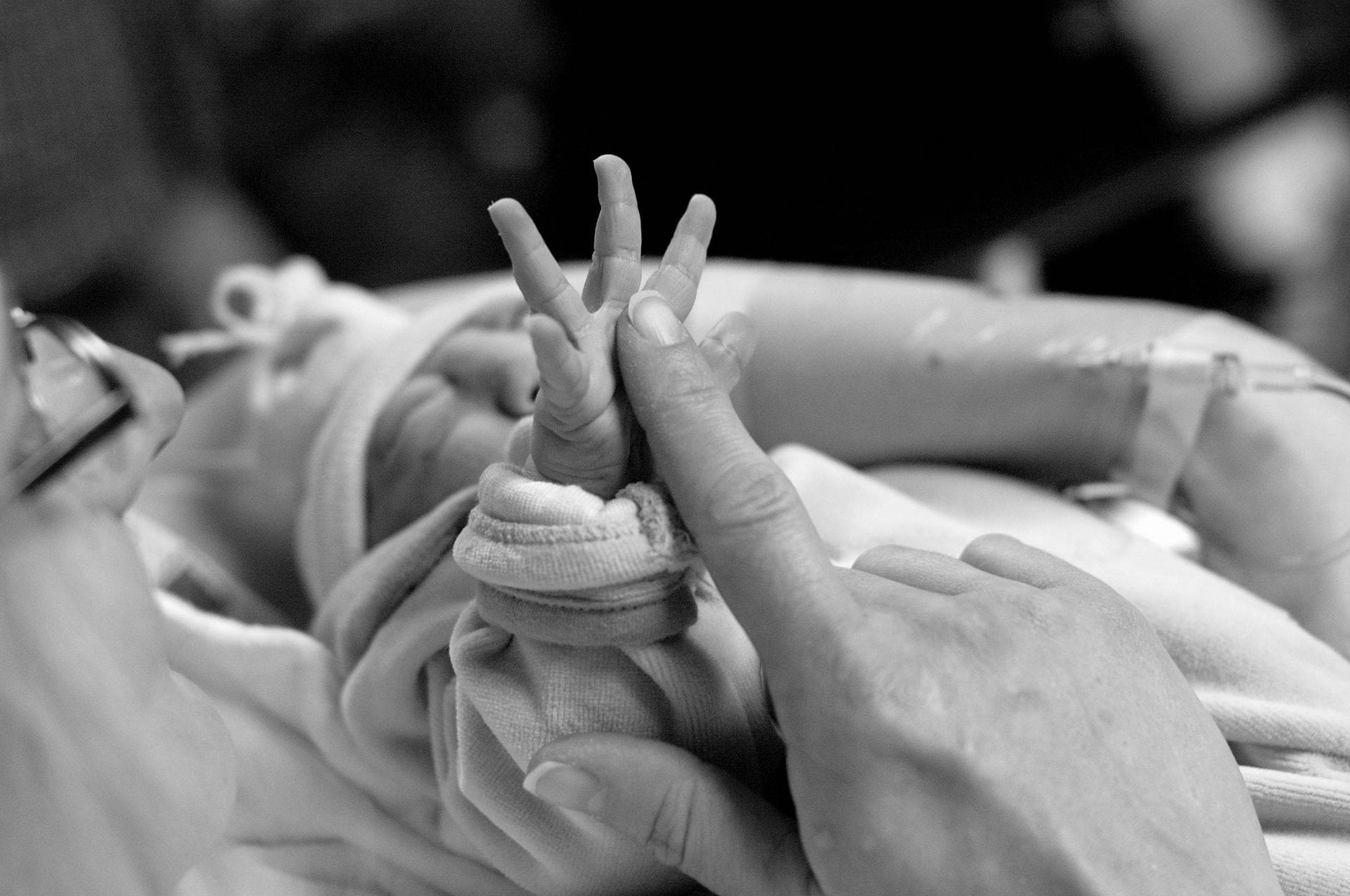The Holy Year of Mercy announced by Pope Francis, which begins Dec. 8, comes at a time when the meaning of “mercy” in America is being twisted to mean something profoundly to the contrary. Specifically, there are some who are working hard to apply the concept of mercy to a growing movement to make assisted suicide legal.
For decades, the concept of physician-prescribed suicide was something Americans associated with the likes of Jack Kevorkian, known colloquially as “Dr. Death.” But it’s recently been made over by the heartbreaking story of Brittany Maynard, a beautiful 29-year-old euthanasia activist who took her own life rather than live with terminal brain cancer. In the weeks leading up to her suicide, her face smiled at us from glossy magazine covers in grocery store checkout lanes.
With a pretty, young spokeswoman and an increasingly organized lobbying outfit, the cause of assisted death has new life. As of now, 18 states are considering bills that would make it legal for doctors to proscribe lethal elixirs for the terminal ill.
Just last week, right-to-die legislation passed a milestone in California when the state Senate approved a bill to legalize physician-assisted suicide in a 23-14 vote.
In a series of emotional videos (sponsored by the right-to-die group Compassion & Choices), Maynard told the world she felt forced to leave her California home for Oregon, where physician-assisted suicide is legal, because she could no longer live like the person she wanted to be. One of her videos, released after her death, called specifically for people to advocate for right-to-die legislation in every state.
The Catholic Church has been the most vocal opposition to the push to legalize suicide; the bishops have been completely united in speaking out against it. As Boston Cardinal Sean P. O’Malley said when Massachusetts defeated one such bill by a slim 2-percent margin, “Proponents of physician-assisted suicide want us to believe that this is a compassionate response to the plight of people who have a terminal illness. It is not. We are called to comfort the sick, not to help them take their own lives.”
They are backed up by Pope Francis, who is arguably the most vocal pope in Church history on the rights of the elderly and disabled, speaking almost always of the unborn, the disabled, and the elderly in the same breath whenever he is on the topic of our “throwaway culture.” He seems almost incapable of entering a crowd without stopping to embrace someone who is severely disabled.
It’s worth noting, then, that the other organized group to link arms with the Church in opposition to assisted suicide is the disabled. Groups like the Patients Rights Action Fund are fighting the tidal wave of bills, often showing up as a sea of wheelchairs to committee hearings. They see no mercy in laws that codify the concept that it’s better to die than struggle through debilitating health problems. That the disabled can see the straight line between legalizing assisted suicide and their own social plight is chilling. That society has already abandoned them to defend themselves before bills that would facilitate that killing of the sick and incapacitated is shameful.
Pope Francis continues to challenge the faithful to think about what kind of Church we ought to be, what kind of Catholics we ought to be, what kind of society we ought to be. No doubt he will offer some insights on our specific nation in his historic address to a joint chamber of Congress come September.
But in the meantime, we have the upcoming Year of Mercy to reflect on what it means to be truly merciful. If we stand by and watch as assisted suicide bills take hold and spread in state legislatures across America, we will have failed the least of these in a serious way.
When Pope Francis said that the faithful must “accompany” our fellow humans “with mercy,” he made no caveat about when it got too hard. This is where our feet must hit the ground then.
Ashley E. McGuire is senior fellow at The Catholic Association. She is the founder and editor-in-chief of AltCatholicah, a web magazine devoted to the exploration of faith and gender.















